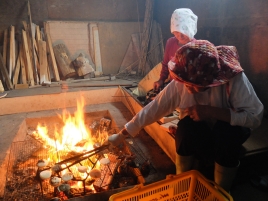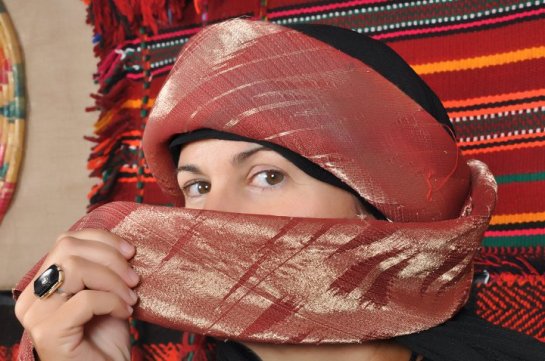Tokyo 2020, the heat is on. We may associate the North African city of Cairo with some of the world’s hottest temperatures, but on Monday, July 23, Japan’s capital recorded a temperature of 39 degrees Celsius (102 degrees Fahrenheit), one degree higher than the Egyptian capital. With 38 reported heat-related deaths in Tokyo alone this month, it was a tough day to present an optimistic picture of the 2020 Summer Olympic Games that officially begin on July 24, 2020.
Despite Japan’s hottest day of the year, Koike resonated cool confidence, beginning her remarks by cajoling those present to donate our old mobile phones to the Tokyo 2020 Medals Project for use in manufacturing Olympic medals for the Summer Olympics. “Even the mobile phone that you are using is okay,” she joked. The goal is 100 percent recycled content, a first, but the first question wasn’t about where we deposit our old hardware. It was about the weather elephant in the room. With the extreme temperatures outside, she admitted that Japan and Tokyo have felt like “being in a sauna,” but that the New Tokyo would be ready, even if the Olympic Marathon has to start in the early morning hours or low heat-emitting pavement must be used to resurface the roads.
Koike proclaimed the city formerly known as Old Edo the New Tokyo, three cities in one. As she explained to the Cairo Review in 2017: “I want Tokyo to be a safe city where people feel more secure, more at ease, and can live more vibrant lives; a diverse city where everyone can actively participate in society and lead fulfilling lives; and a smart city that is open to the world, and a leader in the fields of the environment, international finance, and business.”
The Tokyo-based organization, Lawyers for LGBT and Allies Network (LLAN), would like to see Koike further her 2017 statement in support of holding a national discussion on marriage equality. When I asked her if she would promote such a discussion now in order to make Tokyo 2020 the most inclusive and LGBT-friendly Games in Olympics history, she referenced the Olympic Charter, which has condemned anti-LGBT bias as part of its Non-Discrimination Principle. Japan remains the only country among the G7 industrialized nations to not yet introduce a same-sex marriage or same-sex partnership system at the state or national level.
It’s just 24 short months to go and this is a city whose existing charms are already on full display to the world. Anthony Bourdain famously said that if he were stuck in one city forever, he’d choose Tokyo. In 2017 Tokyo was ranked “most livable” by British-based Monocle magazine. The Economist Intelligence Unit ranked it number one among fifty in its Safe Cities Index of 2015. But a mega city of global charms with a renowned mayor must prepare for all scenarios. A reporter from Bangladesh asked about terrorism, a jolt to the senses when just minutes earlier we were being shown a slide of the super kawaii Tokyo 2020 mascots Miraitowa and Someity, selected by school children across Japan.
Koike, an award-winning journalist turned politician, is fully aware of another heat yet to come: the global media spotlight and the eyes of the world. With so much high regard for the city, she knows that just one bad situation—athletes delayed by transportation or overcome by heat exhaustion—and the revenue in global goodwill will evaporate.
“Since becoming Tokyo’s first female governor two years ago, I have pursued a grand reform of Tokyo. With this grand reform, I aim to put the citizens of Tokyo first.” This includes using Tokyo “as an example of a model society, one capable of helping to solve global issues.” This putting-people-first strategy includes recruiting 110,000 Games and City Volunteers to help everything run smoothly during the Olympics (July 24-August 9) and Paralympics (August 25-September 6).
With so many people involved, what can possibly go wrong?





